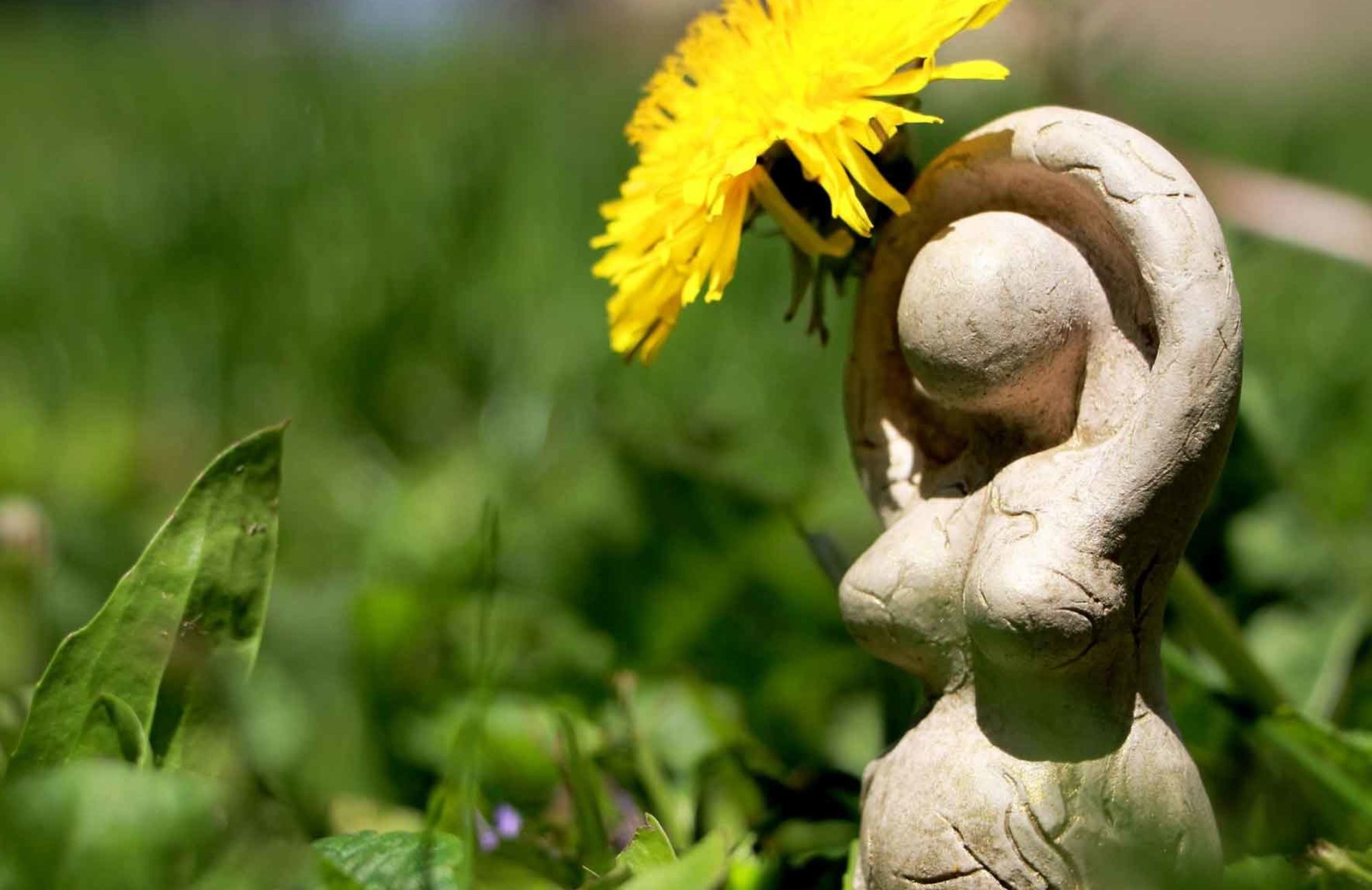by ASWM President Sid Reger
ASWM’s mission is to promote the study of mythology. Myths about animals are essential to our ability to explain our humanity to ourselves. And they are based on observation of the wonders and magic of living species. We can’t isolate ourselves from our animal “relations” whose wisdom we celebrate. We have an obligation to promote their welfare along with our own.

We chose the image of the Bee Goddess as our logo and central metaphor for ASWM for very good reasons. It is not only that bees are great collaborators and communicators. The honey they produce is a magical substance unlike any other, sweet beyond compare, more often given through cooperation than taken by competition. Honey is also associated with shamanic travel and physical healing. Myths of bees are intimately related to the myths of goddesses in many traditions, and more often associated with women than men.
If you found this web site by searching “Bee Goddess,” without knowing what we’re about, you probably wondered, “Where are the real bees?” If you arrived here already aware of the environmental crisis facing honey bees, you were probably disappointed that we didn’t at least mention the issue. I aim to address that omission now.
Bees are in trouble. Since 2006, bees have been leaving their colonies and falling ill to a variety of viral conditions. Over a third of honey bee colonies in the US have vanished. Scientists speculate various causes (pesticides, parasites, water pollution, poor food supply), but they just don’t know why.
We are in trouble without them. They pollinate crops of all kinds. Without them we won’t have fruits, vegetables, cotton, bamboo—any of the plants that make modern life possible.
Here are ways to help our magical bees (along with links to more information):
Make your garden and yard bee-safe. Help to break the deadly cycle of agricultural pesticides and herbicides. Buy produce from your local farmers’ markets, organic gardeners, and CSA farms. (The family farm is also an endangered species these days, just like our beneficial pollinators.) Purchase honey from local beekeepers—it helps their enterprise and also helps keep seasonal allergies at bay. Learn more about bees and help spread the word about colony collapse.
And, when you see bees or taste honey, give thanks for the wonders of their work in the world.



Great Post thank you,
Thought you might like my machinima film of the bee myth
Blessed Bee !
elf ~
In my role as one of the contemporary bee priestesses, I’m a tender of natural beehives and a film maker producing a movie called, “The Honey Bees of 2012”. A minor correction: Since 2006, commercial beekeepers are experiencing winter losses of over 30%. During the summer, attempts are made to rebuild the colonies. Previously the winter die-off was about 8%. If the rate of loss was 30% every year, all honey bees would be gone in approximately 4 years.
The researchers will never isolate the causes of disappearing honey bees. This is a spiritual phenomenon. Here’s a link to learn more about Her Royal Majesty, the bee goddess, who causes bees to appear & alternatively to vanish! Please enjoy the video: http://www.thebeegoddess.com/id25.html